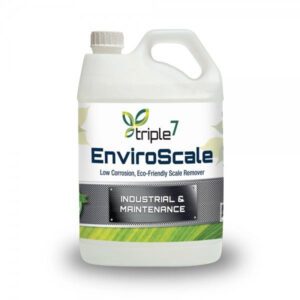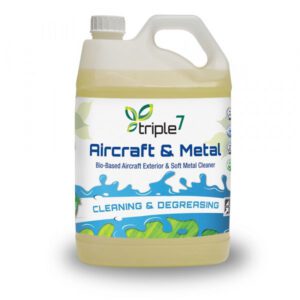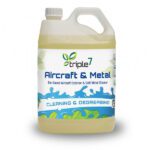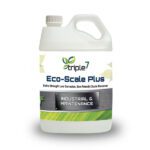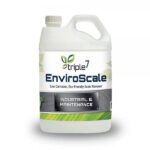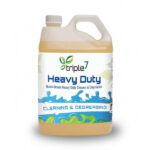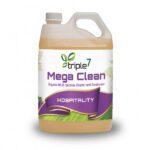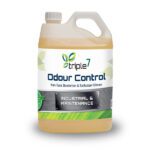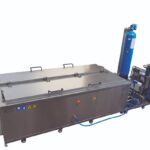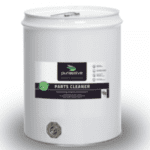Green Cleaning Solutions for HSS Tool Manufacturing Companies
Case Study-28
- Home
- Case Studies
- Green Cleaning Solutions for HSS Tool Manufacturing Companies
Green Cleaning Solutions for HSS Tool Manufacturing Companies
Introduction
HSS tool manufacturing companies have recognized the importance of implementing environmentally friendly practices in their finishing processes. These companies are now adhering to ISO19001-2015 compliant standards while eliminating the use of corrosive acids, harsh degreasers, and hazardous finishing agents. In this case study, we will explore the manufacturing process of high strength drilling tools and how companies are adopting a green cleaning system to achieve cleaner and safer production.
Cutting
The first step in the manufacturing process involves cutting the tools into smaller bits from lengthier pipes or rods. This initial stage sets the foundation for creating the desired dimensions of the tools.
Hardening
To achieve the desired strength, the cut tool bits undergo a salt bath process. This process increases the strength of the tools and ensures they meet various mechanical parameters required for HSS tools. After hardening, the tool bits are cleaned to remove any residual salts before moving on to the next stage.
Grinding
Grinding is a crucial process in the manufacturing of HSS tools, as it involves creating a sharp head, threaded grooves, and a polished surface. The cutting area, also known as the shank, has various configurations to meet different drilling requirements. Grinding enhances the functionality and precision of the tools, preparing them for the final finishing stage.
Finishing
The finishing stage is the last step in the manufacturing process. It involves removing surface imperfections such as burrs, burn marks, and oil deposits. Traditionally, this process required the use of cleaning liquids and machines.
The Challenges of Traditional Cleaning Methods
While effective at removing dirt and burn marks, the traditional cleaners used in the finishing stage can pose several challenges. These cleaners often contain corrosive acids and solvents that are not environmentally friendly. Handling and disposing of these chemicals can be hazardous and harmful to both workers and the environment.
Adopting Sustainable Solutions
In pursuit of ISO 140001-2015 certifications, HSS tool manufacturing companies are transitioning to more sustainable cleaning practices. Acid-based cleaners and solvents are being replaced with true organic biodegradable acids and rust preventive solvents that are safer, healthier, and non-toxic.
A Safer Alternative: Bio-based Surfactant Cleaners
Fortunately, there is a safer and more sustainable alternative available: bio-based surfactant cleaners. These non-corrosive cleaners are derived from natural ingredients such as plant oils and sugars. They are biodegradable and just as effective as corrosive acid cleaners in removing dirt and corrosion from high strength drilling tools. Moreover, they do not have the harmful side effects associated with traditional cleaners.
Additional Benefits of Bio-based Surfactant Cleaners
Bio-based surfactant cleaners offer several additional benefits beyond their environmental advantages. They are allergen-free, reducing the risk of skin irritation or health problems for workers, including women. These cleaners are also easier to dispose of as they can be safely broken down into their natural components. Furthermore, many bio-based surfactant cleaners are derived from renewable resources, making them a more sustainable choice overall.
Considerations for Implementation
Despite the numerous benefits of bio-based surfactant cleaners, some companies may hesitate to switch due to concerns about cost and effectiveness. However, it is crucial to consider the long-term costs associated with using corrosive acid cleaners. These costs include not only the expenses of chemical disposal but also the need for personal protective equipment and potential legal liabilities. In contrast, bio-based surfactant cleaners are generally more affordable and can save companies money in the long run.

Conclusion
By replacing corrosive acid cleaners with bio-based surfactant cleaners, HSS tool manufacturing companies can make a smart choice for their operations. These green cleaning solutions not only improve the health and safety of workers but also reduce the environmental impact of manufacturing processes. Additionally, they offer cost savings and are equally effective in cleaning and maintaining high strength drilling tools. Embracing sustainable practices benefits the company, its employees, and the planet as a whole.

